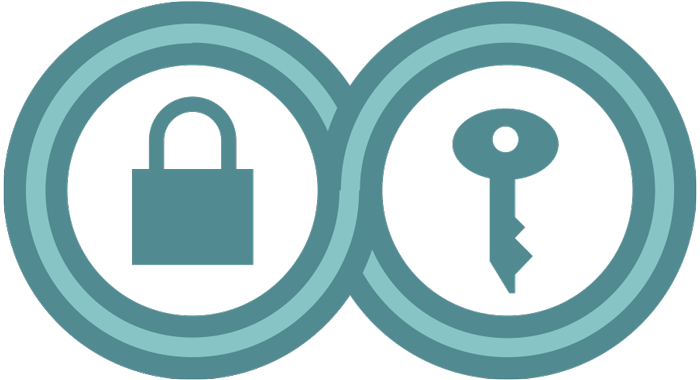Animated Overview: How Strong Encryption Can Help Avoid Online Surveillance
Last Reviewed: November 10, 2019
It wasn’t long ago that spying was a labor-intensive job, requiring excessive resources and specific targets. These days, it has gotten much easier for governments or adversaries to spy on individuals…or everyone for that matter. Living in the 21st century means that the moment you use the Internet to save, edit, or share something, you become vulnerable to surveillance.
With the majority of traffic on the Internet viewable to anyone that has access to the computers that your message passes through—from the computer in your home, to your local ISP, to the final destination of your message and all points in between—how is anyone able to mitigate online surveillance and keep their communications private?
The answer is by using strong encryption . Encrypted messages are turned into a form that is unreadable except to the person located at your messages final destination. We’re seeing more and more websites using encryption to protect data in transit, but unfortunately it’s still not the default for many Internet services. To increase your own use of encryption and to help protect your data, install HTTPS Everywhere, a browser plugin that tells websites to use encryption, which means spies will need to go back to the targeted surveillance days of yore.

